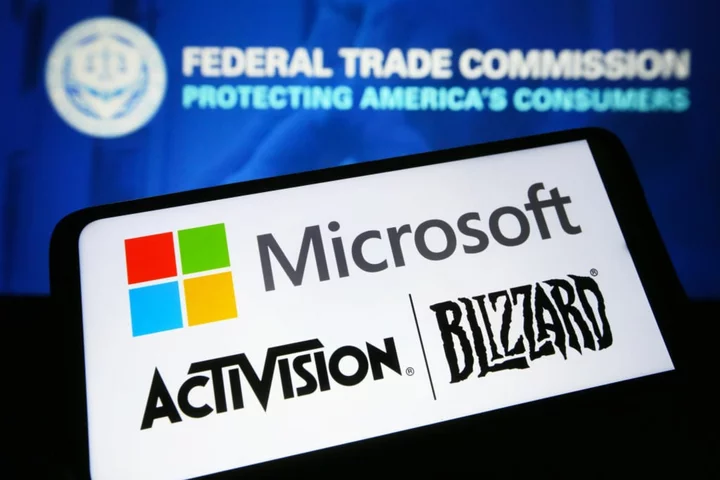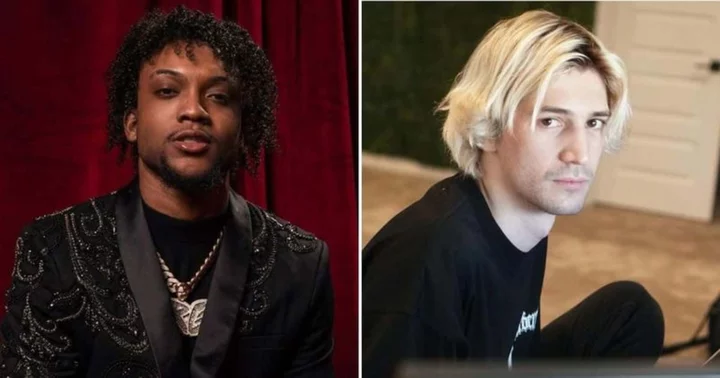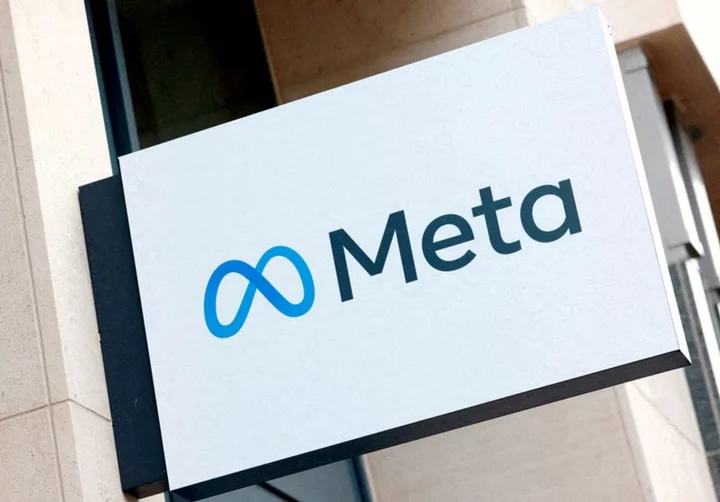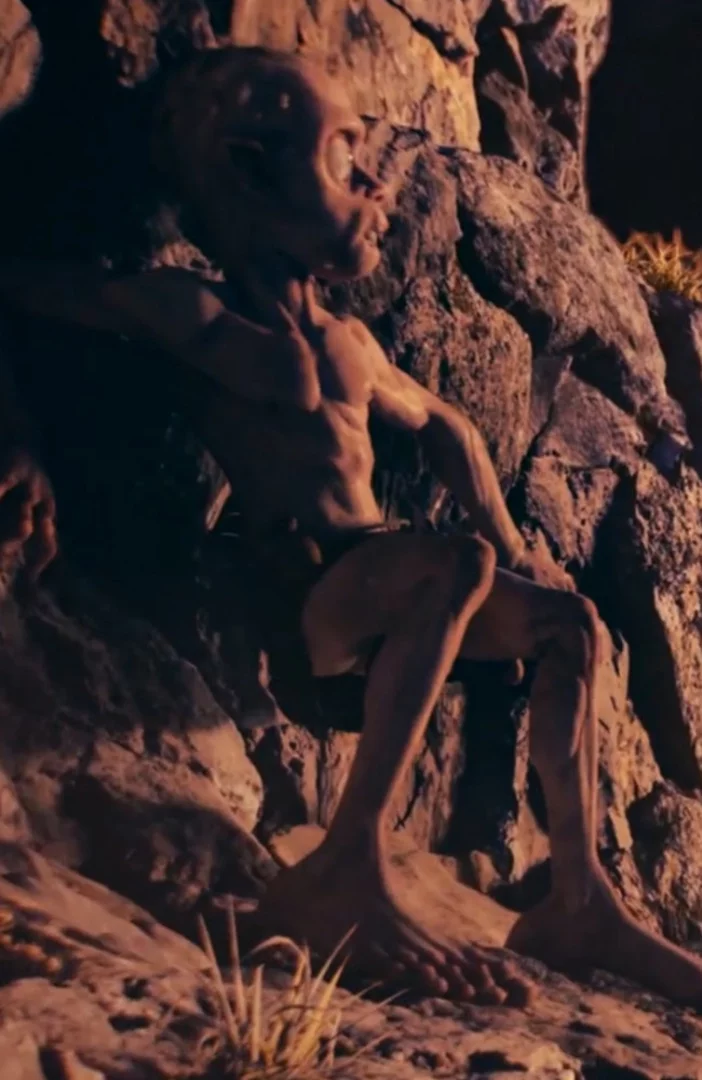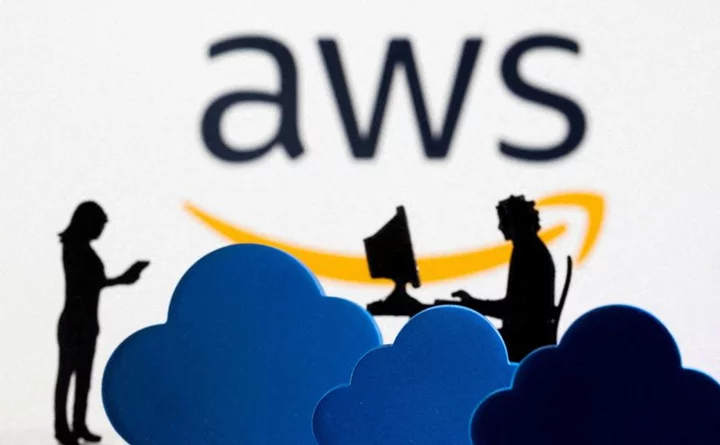Microsoft's historic $69 billion acquisition of video game publisher Activision Blizzard just cleared one of its biggest hurdles. A U.S. federal judge has refused to grant an injunction to stop the deal, finding it unlikely that Microsoft will target its competition by withholding Activision Blizzard's games from rivals such as Sony.
"To the contrary, the record evidence points to more consumer access to Call of Duty and other Activision content," Judge Jacqueline Scott Corley wrote in her 53-page opinion filed on Monday.
Microsoft initially announced its plans to buy Activision Blizzard in Jan. 2022, with the Federal Trade Commission (FTC) subsequently suing to block the merger in December. The FTC objected on the basis that the deal would allow Microsoft to suppress competitors to its Xbox gaming brand such as Sony's PlayStation or the Nintendo Switch, allowing it to gain a monopoly on the market.
These concerns primarily centred around Activision Blizzard's phenomenally popular Call of Duty franchise. The FTC alleges that, if the deal goes through, Microsoft's rivals such as Sony and Nintendo won't have a fair chance to compete for Call of Duty games. Their lack of Call of Duty titles would then have the domino effect of significantly impacting Sony and Nintendo's ability to compete with Xbox's consoles, Game Pass subscription service, and online gaming service. Yes, Call of Duty is really that popular.
SEE ALSO: The FTC is trying to stop Microsoft from buying Activision BlizzardHowever, the California district court has found that Microsoft probably won't cut off its competitors' Call of Duty supply because it has no incentive to do so. Scott Corley considered that the ability for Call of Duty fans to play with each other across different platforms is "critical to its financial success," and that "Microsoft anticipates irreparable reputational harm if it forecloses Call of Duty from PlayStation."
In fact, Microsoft reached out to competitors Sony and Valve shortly after the acquisition was announced to reassure them that Call of Duty would not be made exclusive to Xbox. The company also immediately began working to expand the first-person shooter's platforms, contacting Nintendo the day of the merger announcement and eventually signing a 10-year deal to bring Call of Duty to Switch.
"Before the merger, a consumer wanting to play a Call of Duty console game had to buy a PlayStation or an Xbox," Scott Corley wrote. "After the merger, consumers can utilize the cloud to play on the device of choice, including, it is intended, on the Nintendo Switch. Perhaps bad for Sony. But good for Call of Duty gamers and future gamers."
Aside from Call of Duty, Activision Blizzard owns several other beloved video game properties such as Crash Bandicoot, Guitar Hero, Skylanders, Starcraft, Warcraft, Overwatch, Diablo, and Candy Crush Saga.
"We're grateful to the court for swiftly deciding in our favor," Xbox head Phil Spencer tweeted after the decision. "The evidence showed the Activision Blizzard deal is good for the industry… Since we first announced this deal, our commitment to bringing more games to more people on more devices has only grown. We’ve signed multiple agreements to make Activision Blizzard’s games, Xbox first party games and Game Pass all available to more players than they are today."
With the FTC's request for an injunction denied, the last main obstacle to the Microsoft / Activision Blizzard merger is the Competition and Markets Authority (CMA). The U.K. regulator blocked the deal on similar anti-competitive grounds in April, however its objection is now starting to look more like a speedbump than a dead end. Shortly after the U.S. court's decision, Microsoft president Brad Smith announced that the CMA has agreed to suspend litigation while all parties negotiate changes to the deal to satisfy its concerns.
The FTC has until Friday to appeal the federal court's decision. But if everything goes the way Microsoft would like it to, the company could be the proud new owner of Activision Blizzard by July 18, giving gaming giant Xbox an even larger foothold in the market.

